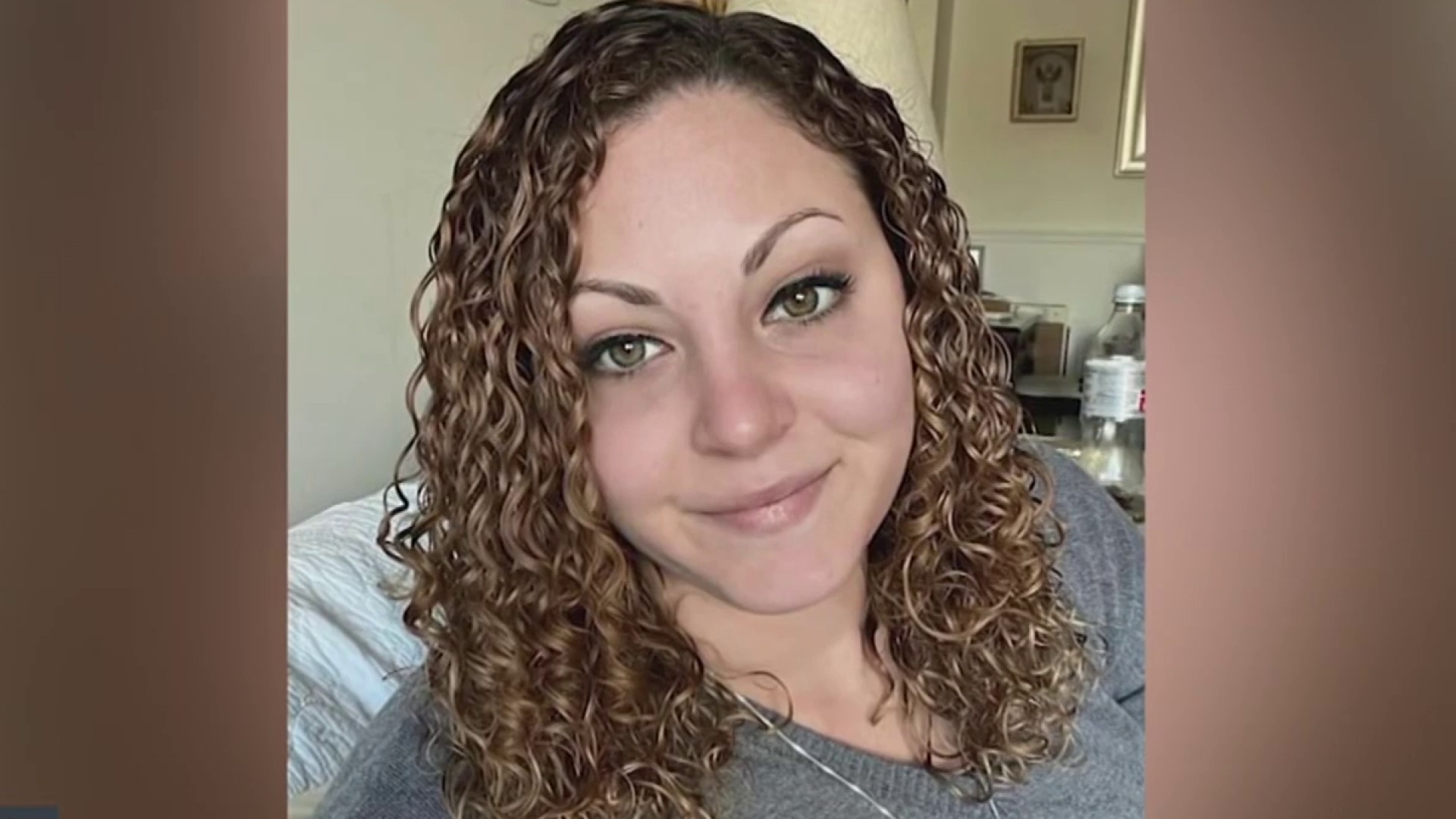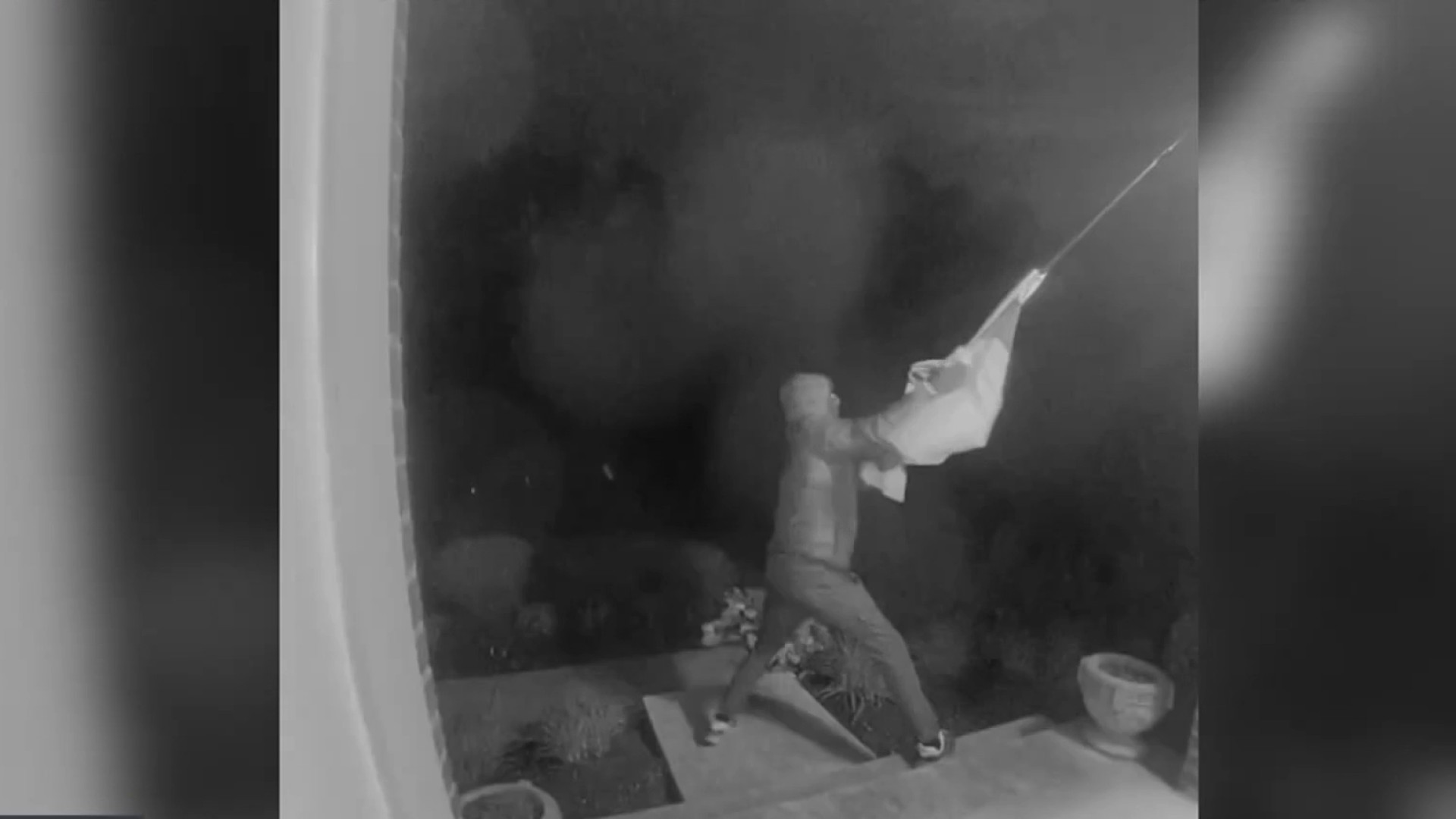The last few years have been especially turbulent for AIDS researchers and advocacy groups: promising scientific developments have sparked hope in prevention efforts, while a global recession has made seizing these new opportunities all the more difficult.
An encouraging breakthrough in the fight against the epidemic came this week, with the announcement that the University of Maryland's Institute of Human Virology will receive a $23.4 million donation to continue its work on an HIV/AIDS vaccine. The five-year grant is a gift from a consortium headed by the Bill & Melinda Gates Foundation, which contributed $15 million in 2007 toward developing the vaccine.
IHV Director and Founder Dr. Robert Gallo -- who co-discovered that HIV is the cause of AIDS and developed the HIV blood test -- and his team of scientists will conduct the research alongside researchers from the U.S. Military HIV Research Program and Sanofi Pasteur, a drug company that specializes in distributing and developing vaccines.
Col. Peter Weina, deputy commander of the Military HIV Research Program, told The Baltimore Sun that it decided to partner with the IHV because its current findings seemed promising.
Local
Washington, D.C., Maryland and Virginia local news, events and information
"No one institution is able to do everything well, but by collaborating we can develop the synergies to make a breakthrough we might not be able to do by ourselves," said Weina.
The vaccine being researched differs from previous vaccine candidates in that it would neutralize many different strains of HIV, rather than single strains or narrow ranges of the disease.
"IHV's unique and promising HIV/AIDS vaccine candidate is designed to bind to the virus at the moment of infection, when many of the different strains of HIV found around the world can be neutralized," explained Gallo in an announcement.
Scientists at the IHV began research on the AIDS vaccine in 2002 and have seen major advances on tests using monkeys. The new funding will support further preclinical development and Phase I/II clinical trials.



